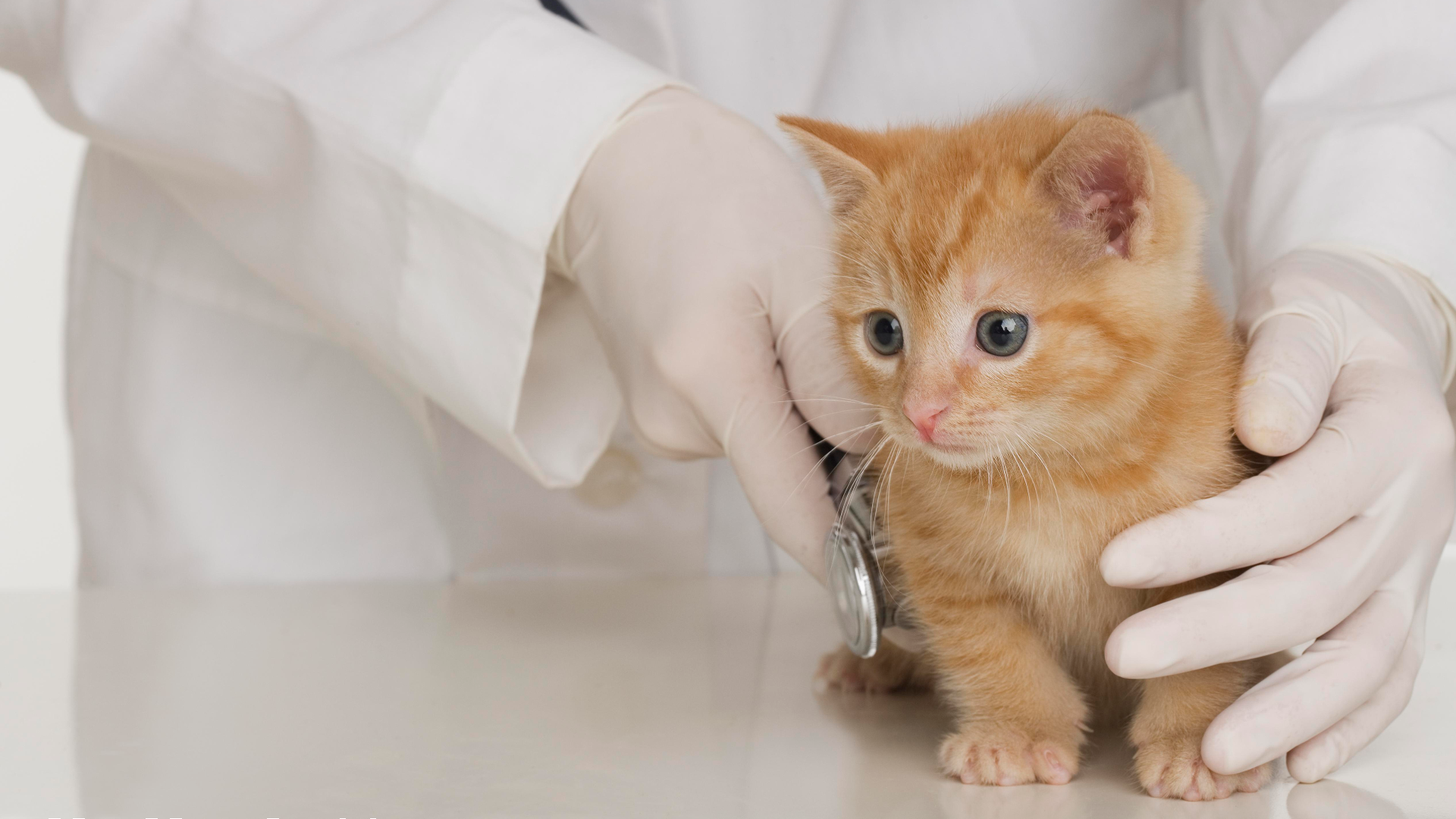Pet cuddles warning after owners give their cats Covid
Animal owners are being urged to put pet cuddles on hold after scientists find evidence of human-to-cat coronavirus transmission

Get the best advice, tips and top tech for your beloved Pets
You are now subscribed
Your newsletter sign-up was successful
In news that is sure to cause concern amongst animal owners, The British Veterinary Association is advising pet owners with coronavirus to put pet cuddles on hold after scientists discover that humans can infect their animals.
Researchers at the University of Glasgow found the cases of COVID-19 in two cats while taking part in a screening program of felines in the UK. The cats were different breeds and lived in different homes with owners who had recently been diagnosed with coronavirus.
One of the cats displayed mild respiratory signs and the other severe, with researchers believing that both pets had been infected by their owners who were showing symptoms of COVID-19 before the cats became unwell.
- Can dogs get Covid-19? We investigate...
- Pet COVID vaccine: Will we need to vaccinate our cats and dogs?
While there is currently no evidence of cat-to-human transmission, a small number of animals have become infected following contact with humans who have tested positive for the virus.
Daniella Dos Santos, senior vice president at the British Veterinary Association, told The Daily Telegraph: "There has been a very small number of cases of the virus that causes COVID-19 identified in domestic animals worldwide and it appears likely that the transmission was from infected humans to animals.”
These latest findings have prompted vets to advise all pet parents who are displaying symptoms of COVID-19 or those that have been diagnosed as having the virus, to avoid close contact with their pets until they’ve recovered.
"Our advice to pet owners who have COVID-19 or who are self-isolating with symptoms remains to restrict contact with their pets as a precautionary measure and to practice good hygiene, including regular handwashing,” says Dos Santos. “If your pet requires care, wash your hands before and after any interaction with them and wear a face mask if possible.”
Get the best advice, tips and top tech for your beloved Pets
While there have yet to be any reports of domestic animal to human transmission, researchers believe that there remains a possibility that they could act as a “viral reservoir”, allowing the spread of the virus to continue.
Lead researcher Professor Margaret Hosie believes extensive further research is needed into the role domestic animals play in the virus. "Currently, animal-to-human transmission represents a relatively low risk to public health in areas where human-to-human transmission remains high. However as human cases decrease, the prospect of transmission among animals becomes increasingly important as a potential source of SARS-CoV-2 reintroduction to humans.”
The first cat in the screening program who was found to be infected with COVID-19 was a four-month-old Ragdoll kitten who suffered severe breathing difficulties and had to be put down. The second cat, a six-year-old Siamese, had mild symptoms and has made a full recovery.
For pet parents who have been diagnosed with coronavirus and are concerned that their pet is displaying symptoms, Dos Santos advises an active but cautious approach: "If your pet shows any symptoms which you suspect may be caused by the virus that causes COVID-19 in humans, please do not take it to the vet but call the practice for advice first and alert them to the household's status."

Kathryn is a freelance writer who has been a member of the PetsRadar family since it launched in 2020. Highly experienced in her field, she's driven by a desire to provide pet parents with accurate, timely, and informative content that enables them to provide their fur friends with everything they need to thrive.
Kathryn works closely with vets and trainers to ensure all articles offer the most up-to-date information across a range of pet-related fields, from insights into health and behavior issues to tips on products and training.
When she’s not busy crafting the perfect sentence for her features, buying guides and news pieces, she can be found hanging out with her family (which includes one super sassy cat and a kitten), drinking copious amounts of Jasmine tea and reading all the books.
She has written for a range of publications, including Fit&Well, Top Ten Reviews, LiveScience, Goodto, and Product Hunt.
